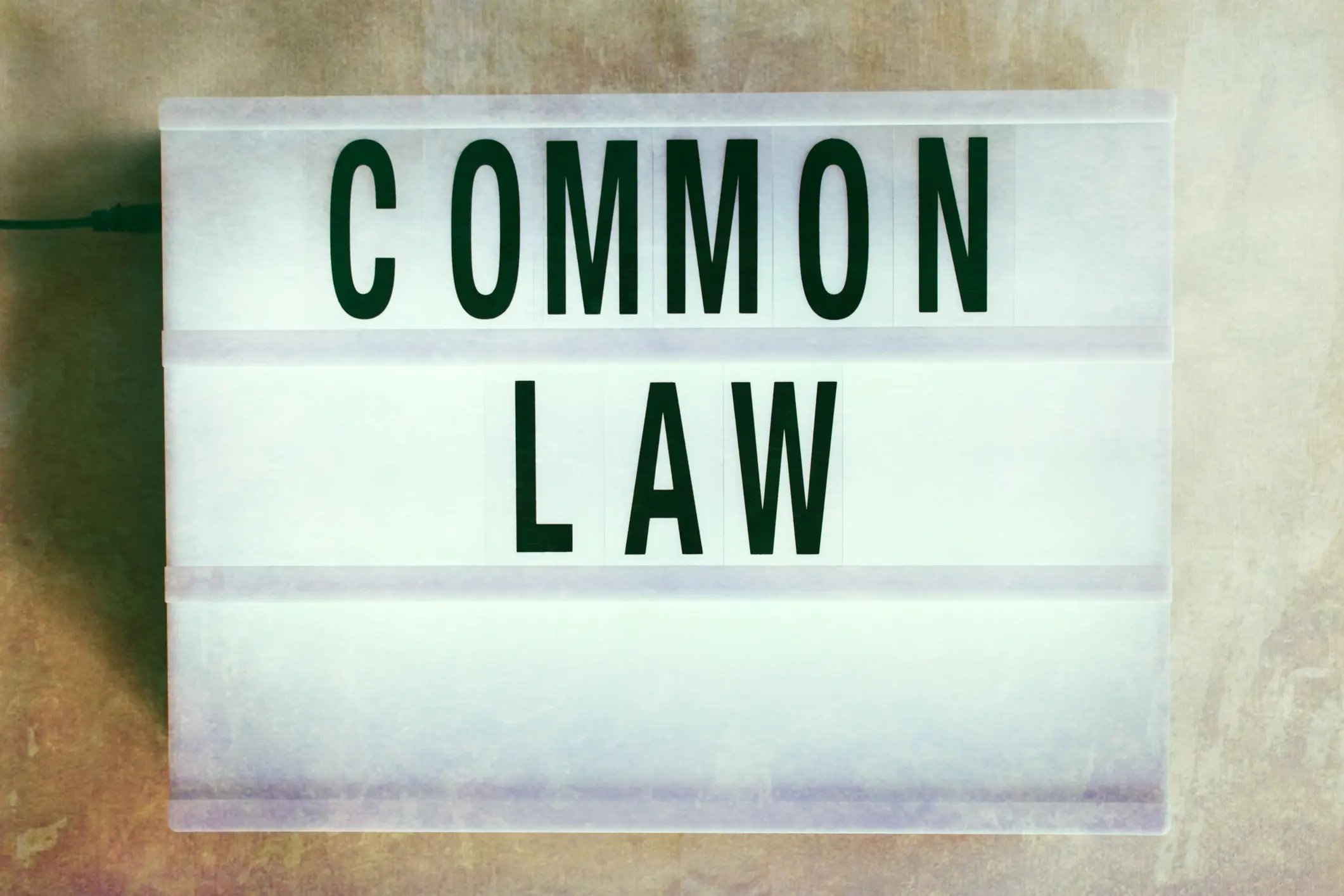T
exas is one of the few states the recognizes common law marriage. This means that a marriage may exist even though the parties never went through the formalities of getting a marriage license and having a wedding. This post will explore common law marriage in Texas and how it might affect your divorce.
Under Texas law, a common law marriage is a valid marriage in every respect. When a marriage exists, it creates rights and duties for both spouses. Texas is a community property state, which means that property acquired during the marriage belongs to both parties. Once a marriage exists, property acquired after that date may be community property. Being married also puts certain duties on a spouse. For instance, if the parties are married long enough, one spouse may be required to pay spousal support following a divorce. Being married can also affect inheritance rights. Texas law can provide important rights to a surviving spouse after the death of the other spouse.
A common law marriage exists when the couple has a reputation for being married in their community. It does not exist simply because a couple has been together for a long time or has a child together. Establishing a common law marriage requests three things:
- The parties agree to be married.
- The parties represent to others they are married. This is also known as “holding out” as married.
- The parties live together as spouses in Texas.
When one person says that a common law marriage exists, they must prove that all three of these things exist at the same time. For instance, if the parties lived in another state during their relationship, their common law marriage could not begin until they move to Texas.
There are many ways to prove or disprove a common law marriage. You can prove a common law marriage through testimony or through relevant documents. Some relevant factors might include:
- The couple may always refer to one another in public as “husband” or “wife”.
- They may file income taxes as a married couple. On the other hand, filing as “single” might tend to disprove the existence of a marriage.
- They may obtain life insurance or other insurance and designate the other person as a “spouse.” On the other hand, designating a person as a “domestic partner” might tend to disprove the existence of a marriage.
- They may purchase a house together and be listed as spouses on the deed and loan documents.
- They may celebrate wedding anniversaries.
- They may have an informal “ceremony” with friends and family to celebrate their marriage.
- They may wear engagement or wedding rings.
- They may give each other greeting cards to a “husband” or “wife.”
Whether a common law marriage exists depends on the facts of each case. Here at Thompson Salinas Londergan, we understand the important consequences of whether a common law marriage exists. Whether you are the spouse who thinks a marriage exists or opposes the marriage, we are prepared to assist you with this type of case.

